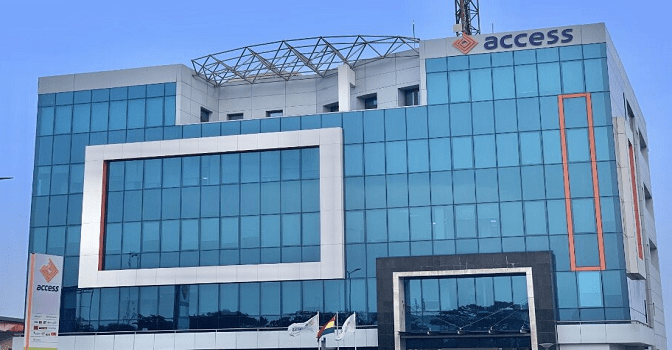
President Asiwaju Bola Ahmed Tinubu should immediately send a high-powered delegation composed of respected Nigerian statesmen, business leaders, and senior government officials to engage with U.S. authorities.
The team should include former President Olusegun Obasanjo, former Head of State General Abdulsalami Abubakar, business mogul Aliko Dangote, Bishop Hassan Matthew Kukah, and the President of the Christian Association of Nigeria (CAN), Most Rev. Dr. Daniel Okoh, His Eminence Sultan of Sokoto, representatives of religious groups, NGO, etc.
From the government side, the delegation should include the Minister of State for Foreign Affairs, the Secretary to the Government of the Federation, and the Governors of Benue, Plateau, Niger, Katsina, Kaduna, Zamfara, Borno, Yobe and Adamawa States, given the security relevance of their regions.
Two, re-engage the U.S. Mission in Nigeria:
The Presidency should task the Ministry of Foreign Affairs and other well-placed Nigerians with deepening communication with the U.S. Mission in Abuja and the Consulate in Lagos to strengthen diplomatic rapport, address misperceptions, and align mutual strategic interests.
Three, reach out to U.S. allies and partners: Nigeria should actively engage with other influential U.S. allies across Europe, the Middle East, and Asia to rally broader international support for Nigeria’s security and development agenda.
Four, seek U.S. assistance in defense cooperation: President Tinubu should formally request more support from the Donald J. Trump administration in providing modern weapons, intelligence-sharing technology, and counter-insurgency training to bolster Nigeria’s fight against terrorism and violent extremism.
Four, immediate appointment of ambassadors:
Nigeria’s diplomatic missions have remained without substantive ambassadors for too long. Swift appointments of competent, credible, and globally respected diplomats will help restore Nigeria’s voice and visibility on the international stage.
Five, the Minister Yusuf Tuggar should be reassigned to another portfolio, and a new Minister of foreign affairs, preferably one with strong international connections and more diplomatic weight, should be appointed. This will send a clear signal that Nigeria is repositioning its foreign policy and engagement strategy.
Six, launch a global public relations drive: Nigeria must embark on a robust, well-coordinated international PR campaign to reshape global perception. This should highlight the Tinubu administration’s economic reforms, anti-corruption measures, and counter-terrorism efforts, while showcasing Nigeria as a stable, investment-friendly democracy that protects all faiths and ethnicities
Seven, The office of the National Security Adviser and the high military command are doing good, thus to further boost the effort, they should further re-align the war against insurgency and banditry: The war against bandits, terrorists, and other insurgent groups must be comprehensively restructured. This includes a better coordination among the armed forces, improved intelligence gathering, community-based security initiatives, and enhanced welfare for troops on the frontline. A unified national security strategy will yield faster and more sustainable results.
In addition, Nigeria’s efforts in the fight against terror are often underreported or misrepresented internationally. There should be massive, transparent media coverage, both traditional and digital, to showcase the government’s ongoing efforts, victories, and human stories of resilience. This will help counter misinformation, boost public morale, and attract global understanding and support.
Zayyad I. Muhammad, Abuja


